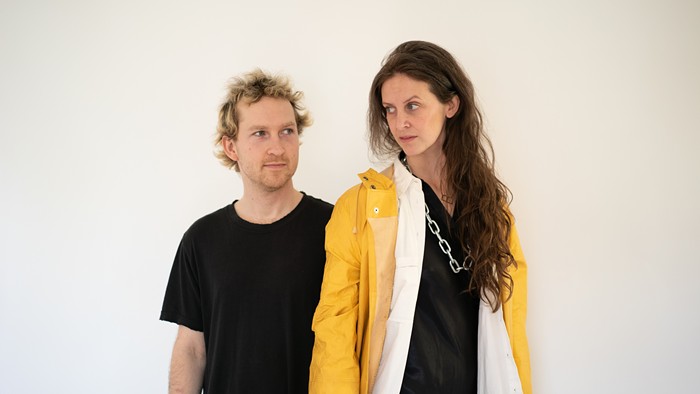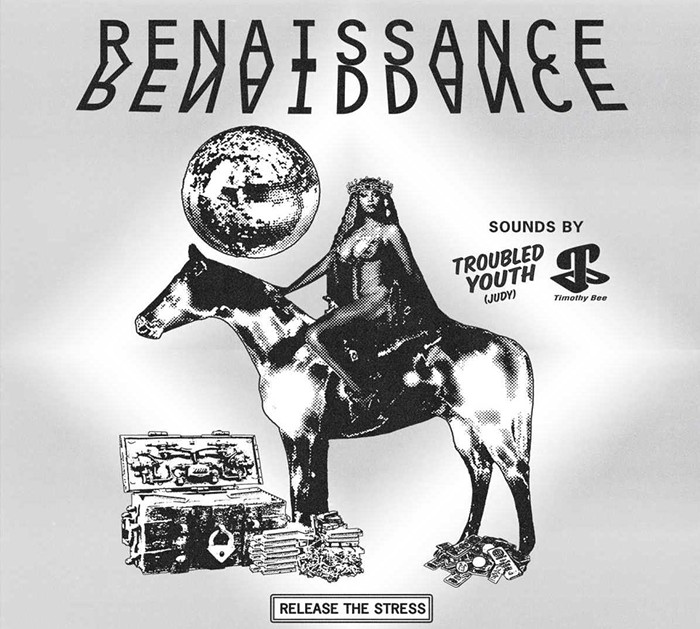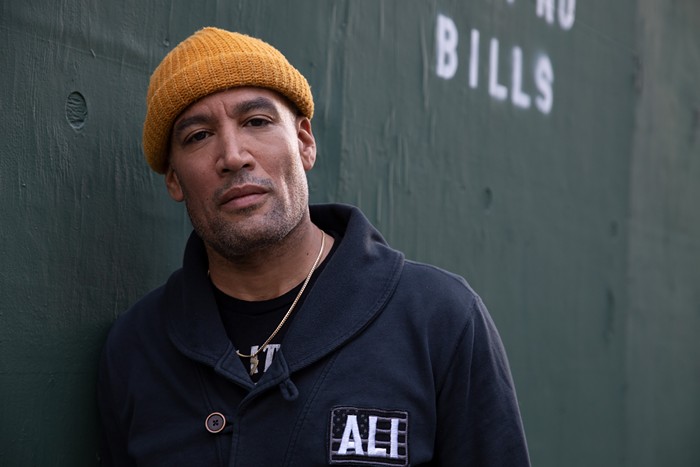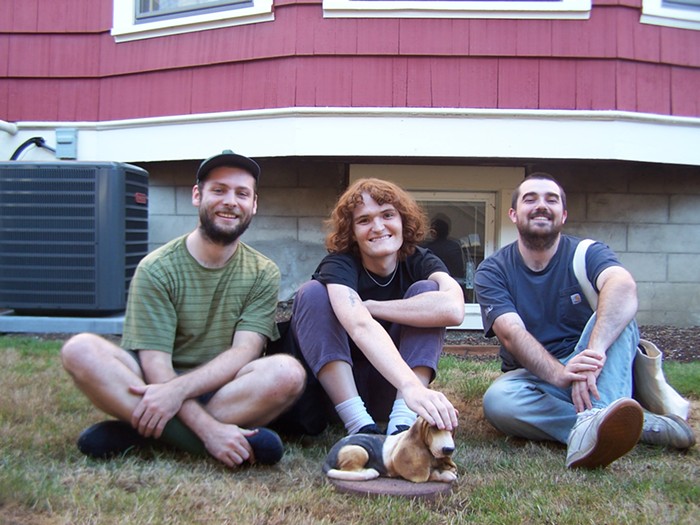In 2007, Drag City released Overture: Live in Nippon Yusen Soko 2006, a CD/DVD that documented an improvised live piece from Japanese noise-folk-psych band Ghost. The recording began with the sound of a door shutting—no one was permitted to leave the room during the performance—and the band played amid drapes that preventing them from seeing one another. At the time, Overture was the closest American audiences could get to hearing Ghost perform live; after a 2006 tour, the band refused to play shows in the United States until George Bush was out of office.
Now with the Obama vegetable garden sprouting its way through the White House lawn, the time has come for Ghost to bring back their harvest of earthy, mossy, fucked-up folk. "Sorry for our long absence," says bandleader Masaki Batoh via email. "How happy we are to have many peaceful American people longing for us." Ghost has been known to play in temples and other sacred places, and in their early days they performed guerrilla style in parks and subway stations, but for this tour they are visiting a fairly conventional string of rock clubs. They've added celloist Helena Espvall ("a graceful, dangerous weapon," says Batoh) from Philadelphia psych-folk band Espers to the lineup.
In addition to Overture, Ghost released the In Stormy Nights studio album in 2007, and the two recent works sum up the eerie, elusive quality of Ghost's music. Nearly half of In Stormy Nights is taken up by "Hemicyclic Anthelion," an improvised piece that ranges from pulsing near silence to all-out squalor, with feedback, reverb, and drifts of wind weaving through flutes and vibraphone. Conversely, the album also contains "Motherly Bluster," a straightforward folk song with a moody acoustic guitar figure and obtuse lyrics in English. The album peaks with "Caledonia," a faithful cover of a song by death metal progenitors Cromagnon from their 1969 album Orgasm. It transposes Eastern drones with Western pipes, and vocals are simultaneously whispered and screamed atop thumping tribal drums.
While there are placid moments in Ghost's music, the general tone is one of uneasiness: Lucid thought patterns become scattered, and physical objects are consumed by immaterial energy. Indeed, Ghost is the ideal name, even if they did take it from the Patrick Swayze/Whoopi Goldberg movie. There's a freakiness in common with fellow Japanese avant-noise band Boredoms, but none of that band's celebratory ecstasy. And there's a penchant for heavy doom, as with Boris—with whom Ghost guitarist Michio Kurihara recorded two collaborative albums—but also a lighter, pastoral touch that evokes both modern hippie folk and ancient Japanese legend.
Let's call it ronin rock, then—after the roving medieval samurais who were not tied to a particular lord and master. The music of Ghost is similarly nomadic: It's not based on any specific genre, and the band is much more interested in the exploratory process of improvisation.
"We never do the same method again. That's our protocol," writes Batoh, then adds, somewhat cryptically: "The most important thing is the catalyst—the feedback energies from audience in spiritual atmosphere. We need it to sow our everything. Absolutely no one knows what we do every night, because we usually never decide what we do in advance. What you have with us is far beyond [today's] secularism and materialism. You don't need any drug with us."



















